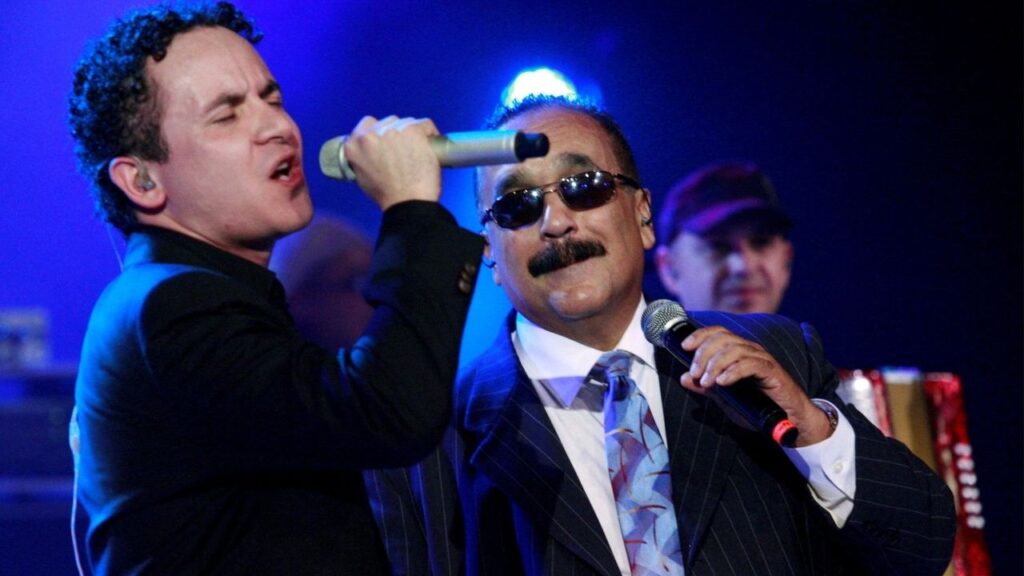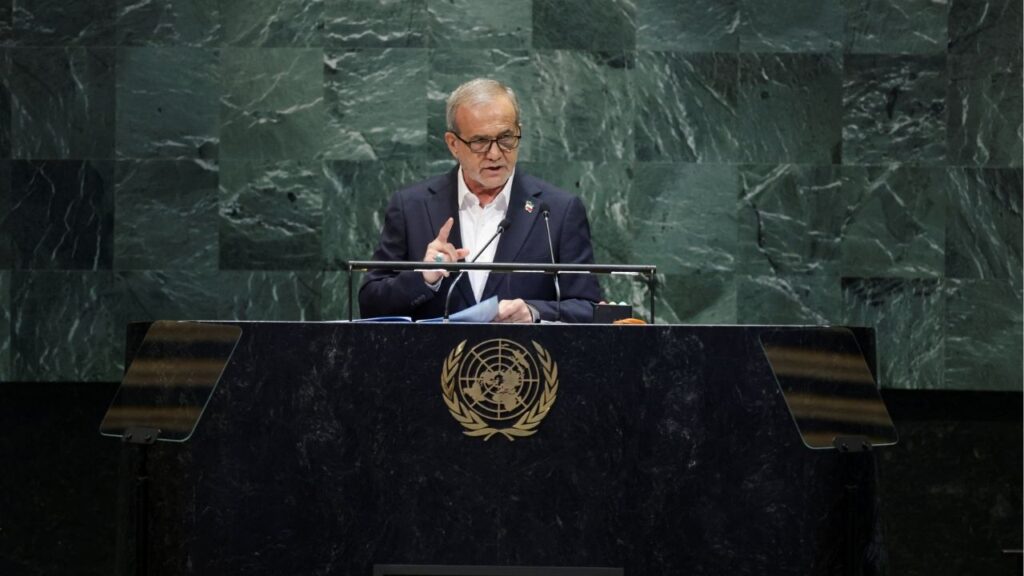President Donald Trump signs an executive order on birthright citizenship in the Oval Office of the White House, Monday, Jan. 20, 2025, in Washington. (AP/Evan Vucci)

- Trump's executive order challenges birthright citizenship, limiting it to children of certain legal residents or citizens.
- Immigrant rights groups sue, claiming the order violates the 14th Amendment's guarantee of citizenship for U.S.-born children.
- Debate reignites over 14th Amendment interpretation, with Trump's order poised to take effect on February 19, pending legal outcomes.
Share
|
Getting your Trinity Audio player ready...
|
President Donald Trump moved to end a decades-old immigration policy known as birthright citizenship when he ordered the cancellation of the constitutional guarantee that U.S.-born children are citizens regardless of their parents’ status.
Trump’s roughly 700-word executive order, issued late Monday, amounts to a fulfillment of something he’s talked about during the presidential campaign. But whether it succeeds is far from certain as immigration advocates file lawsuits to block the president.
Here’s a closer look at birthright citizenship, Trump’s executive order and reaction to it:
What Is Birthright Citizenship?
Birthright citizenship means anyone born in the U.S. is a citizen, regardless of their parents’ immigration status. People, for instance, in the United States on a tourist or other visa or in the country illegally can become the parents of a citizen if their child is born here.
It’s been in place for decades and enshrined in the 14th Amendment to the Constitution, supporters say. But Trump and allies dispute the reading of the amendment and say there need to be tougher standards on becoming a citizen.
What Does Trump’s Order Say?
The order questions that the 14th Amendment extends citizenship automatically to anyone born in the United States.
The 14th Amendment was born in the aftermath of the Civil War and ratified in 1868. It says: “All persons born or naturalized in the United States and subject to the jurisdiction thereof, are citizens of the United States and of the State wherein they reside.”
Trump’s order excludes the following people from automatic citizenship: those whose mothers were not legally in the United States and whose fathers were not U.S. citizens or lawful permanent residents; people whose mothers were in the country legally but on a temporary basis and whose fathers were not citizens or legal permanent residents.
It goes on to bar federal agencies from recognizing the citizenship of people in those categories. It takes effect 30 days from Tuesday, on Feb. 19.
What Is the History of the Issue?
The 14th Amendment did not always guarantee birthright citizenship to all U.S.-born people. Congress did not authorize citizenship for all Native Americans born in the United States, for instance, until 1924.
In 1898 an important birthright citizenship case unfolded in the U.S. Supreme Court. The court held that Wong Kim Ark, who was born in San Francisco to Chinese immigrants, was a U.S. citizen because he was born in the country. After a trip abroad, he had faced denied reentry by the federal government on the grounds that he wasn’t a citizen under the Chinese Exclusion Act.
But some advocates of immigration restrictions have argued that while the case clearly applied to children born to parents who are both legal immigrants, it’s less clear whether it applies to children born to parents without legal status.
What Has the Reaction to Trump’s Order Been?
Not long after Trump signed the order, immigrant rights groups filed suit to stop it.
Chapters of the American Civil Liberties Union in New Hampshire, Maine and Massachusetts along with other immigrant rights advocates filed a suit in New Hampshire federal court.
The suit asks the court to find the order to be unconstitutional. It highlights the case of a woman identified as “Carmen,” who is pregnant but is not a citizen. The lawsuit says she has lived in the United States for more than 15 years and has a pending visa application that could lead to permanent status. She has no other immigration status, and the father of her expected child has no immigration status either, the suit says.
“Stripping children of the ‘priceless treasure’ of citizenship is a grave injury,” the suit said. “It denies them the full membership in U.S. society to which they are entitled.”
RELATED TOPICS:
Categories

DHS Agent Killed US Citizen in March 2025, Records Show

Johannes Klaebo. Inevitable.

















